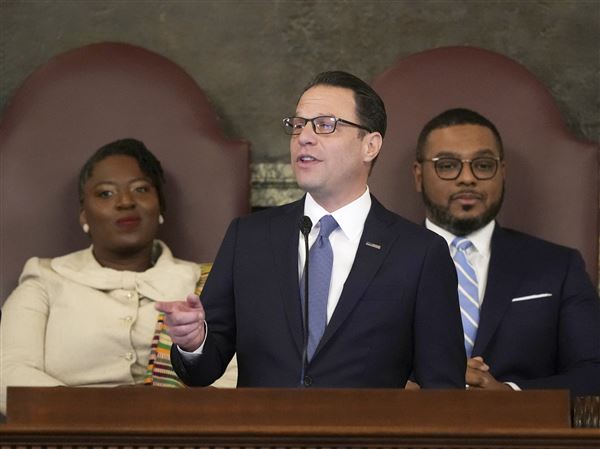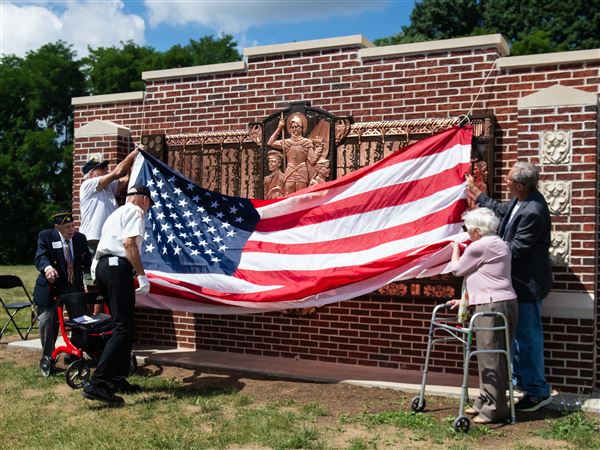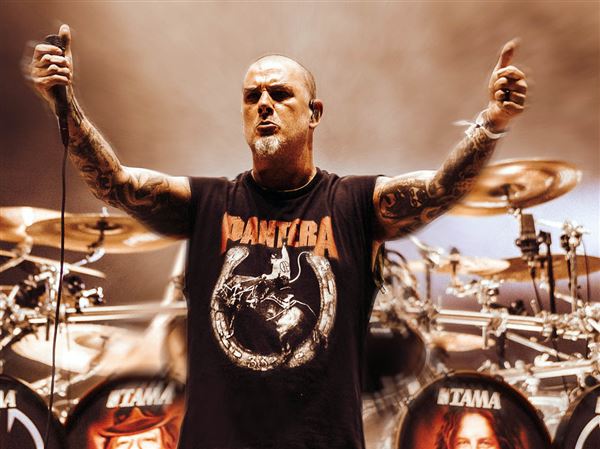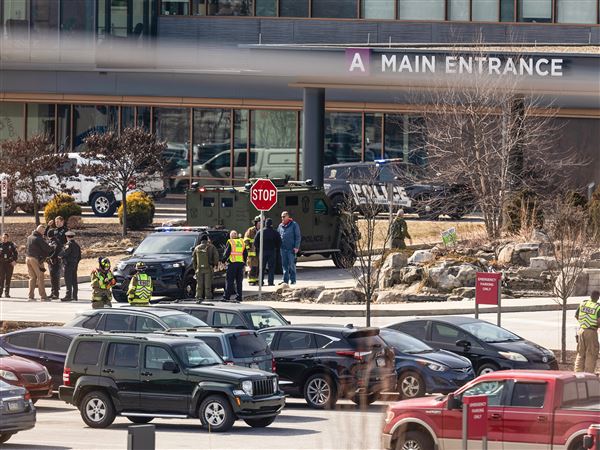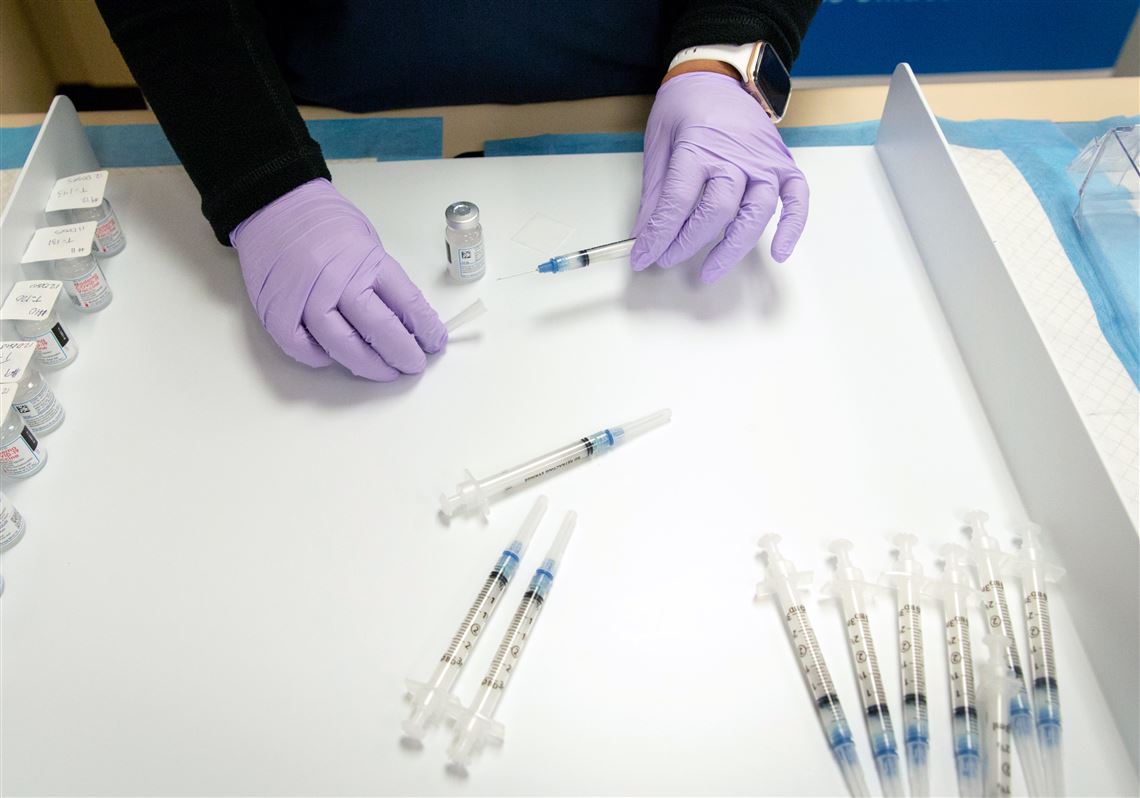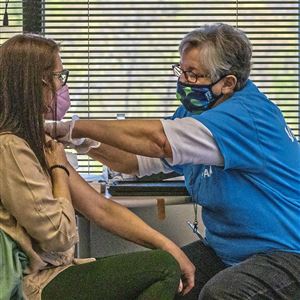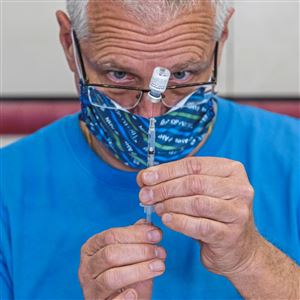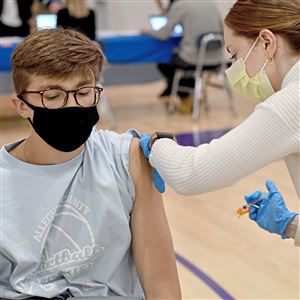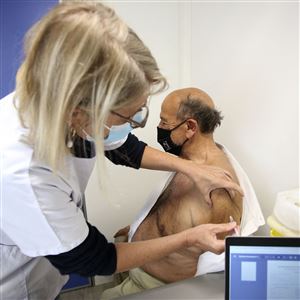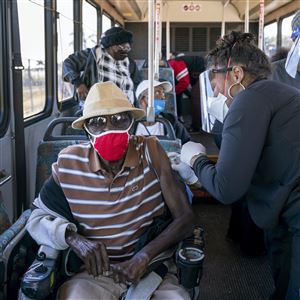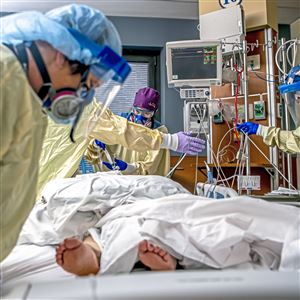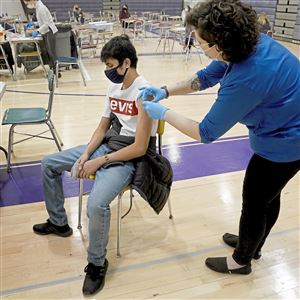Just like nursing home staff in Pennsylvania, only about half of the staff in the state’s personal care and assisted living homes have been vaccinated against COVID-19, despite the thousands of residents and staff who have been infected and later died from the disease, according to state data released Thursday.
Though 83% of residents in the homes have been vaccinated, just 49% of the staff in the personal care and assisted living homes who responded to the state’s voluntary survey have been vaccinated so far. That’s slightly less than the 53% of staff in nursing homes who have been vaccinated, according to data the state released two weeks ago.
“It is baffling” why the staff rate is so low, said Nancy Zionts, chief program officer for the Pittsburgh-based Jewish Healthcare Foundation, which has been helping the state educate facilities and their staff about the need to vaccinate. “I’m always baffled by people who resist good science.”
But as Ms. Zionts and former Department of Human Services secretary, now senior adviser, Teresa Miller explained during an online news conference on Thursday, resistance to being vaccinated is a real challenge for the facilities and the state.
“The vaccine hesitancy is certainly a real thing,” said Ms. Miller, whose last day with the state is Friday. “We’ve done everything we could to address questions that people have” about vaccination.
Ms. Zionts said one of the main reasons staff do not want to get the vaccine is that, even though they may have seen many elderly residents get infected or even die in their facility, their own age drives their viewpoint.
“The staff are younger and there’s that sense of invincibility,” she said, “that sense that they’re not vulnerable to something and that if they got it, it would be just a few days and they’d be fine.”
The state is working with the Jewish Healthcare Foundation to do additional education webinars about the vaccine and coordinating with homes to get additional vaccination clinics throughout the state, Ms. Miller said, just like the state Department of Health — which oversees nursing homes in the state — is doing for nursing homes.
But the long-term care home industry has not been happy with how its members have been portrayed through the vaccination numbers.
At a separate news conference called earlier Thursday by the Pennsylvania Health Care Association, which represents many of the state’s nursing, personal care and assisted living homes, the association’s CEO and President Zach Shamberg addressed the fallout from the prior release of the low nursing home staff vaccination rates.
“Two weeks ago there were headlines that painted a picture of selfish, uninformed nursing home workers who refused to take the COVID-19 vaccine,” he said. “But what we found by speaking to providers is that the reasoning for hesitation or even apprehension as it relates to the vaccine are not that simple.”
He listed a plethora of reasons why staff in long-term care facilities — not just nursing homes — have told the association that they either won’t or are reluctant to take the vaccine:
• Some staff preferred to wait for the one-shot Johnson & Johnson vaccine, rather than the two-shot Pfizer or Moderna vaccines.
• Some homes were still dealing with outbreaks when the vaccine clinics began over the winter and they were not well organized, promoted or educated about the vaccines.
• Some staff at the time were sick with COVID-19 and out of work and didn’t get the vaccine, in part, because many said they were advised to wait 90 days after they tested positive to get the vaccine.
• Long-term care staffs are 92% female, and 65% of them are between 16 and 44 years old and many were concerned about rumors of possible infertility — which are not based on any research — if they took the vaccine.
• Some staff were pregnant and were advised not to take the vaccine while pregnant.
• There is a general distrust of government and health care, particularly in communities of color, and particularly with anything that relates to experimental treatment, including the COVID-19 vaccines, which are all still under emergency use authorization and not fully approved yet.
Kathy Derleth, chief nursing officer for Bedrock Care, which operates eight nursing homes in Pennsylvania, took part in the news conference with Mr. Shamberg and said her company has done everything it could to convince staff to get the vaccine, even sending a corporate “cheerleader” to facilities on the dates of the vaccine clinics.
But, she noted, Bedrock did not meet its goal of 80% vaccination, getting just 70% of its residents and only 50% of its staff.
She said Bedrock hopes to see those figures go up in the near future, since “many are now stating when this next opportunity [to be vaccinated] arrives they will consider getting vaccinated.
Mr. Shamberg again pointed to problems with the state’s data on nursing homes, noting, for example, that more than 100 homes had acceptance or decline rates larger than the number of residents or staff that the home had.
“This is not the first time during the pandemic that our association has had to address inaccurate data reporting,” he said, noting PHCA threatened legal action back in May when the state first released COVID-19 case and death data that was littered with errors.
Despite the errors, Mr. Shamberg said PHCA believes the vaccination rate for staff across the state is somewhere between 55% to 60%.
Later Thursday, when asked what PHCA thought of the state DHS’s release of personal care and assisted living data, PHCA spokesman Eric Heisler wrote that there are far too many facilities on the DHS list showing zero percent of staff or resident vaccines.
“We have already spoken with a few members that are showing 0%,” he wrote in an email. “They are saying that is wrong. We have heard from some members that DHS called to say the survey wasn’t filled out and our members reported back to DHS that the survey was in fact filled out. It appears as though some respondents may have filled out the survey when they first received it, not after the third clinic.”
Also, he notes that much of the data was filled out in February or March, when many facilities did not have their required third clinic until later in April.
However, some of the lowest rates that do appear to be accurate were found in facilities that have had some of the worst outbreaks among personal care and assisted living homes across the state.
Concordia Lutheran’s Health and Human Care Lund Building in Cabot, which had the deadliest outbreak in the state with 27 residents dying from COVID-19, had only a 34% vaccination rate among its staff, compared with 94% among its residents. And overall, seven of Concordia’s nine personal care homes have vaccination rates of 52% or lower.
“While we believe there are some discrepancies with the DHS figures, since the range of dates reported varies widely, we understand that the vaccine is the best way to protect those we serve,” Concordia spokesman Frank Skrip wrote in an emailed response to questions. “We continue to educate and strongly encourage our team members at all of our locations to receive the vaccine. The decision to be vaccinated, however, remains a highly personal choice among each individual.”
Sunrise of McCandless, which has also had one of the deadliest outbreaks among personal care homes in the state with 17 residents dying from COVID-19, reported just a 25% vaccination rate among its staff, though it also had a 94% rate among its residents. Overall, none of the seven Sunrise personal care homes that reported data across the state had a staff rate higher than 59%.
“We believe the vaccine is a critical step in fighting COVID-19 and we have made receiving the COVID-19 vaccine an essential function of the job for new and existing community team members,” Sunrise spokeswoman Jenn Clark Fugolo wrote in an emailed response to questions. “We are working diligently to increase our vaccination rates, subject to applicable laws and policies, including rewarding any team member who becomes fully vaccinated with a “Day of Gratitude” as a show of our appreciation, as well as working with team members one-on-one to support their understanding of the vaccine.”
Sean D. Hamill: shamill@post-gazette.com or 412-263-2579 or Twitter: @SeanDHamill.
First Published: April 29, 2021, 11:16 p.m.
Updated: April 30, 2021, 12:05 a.m.
